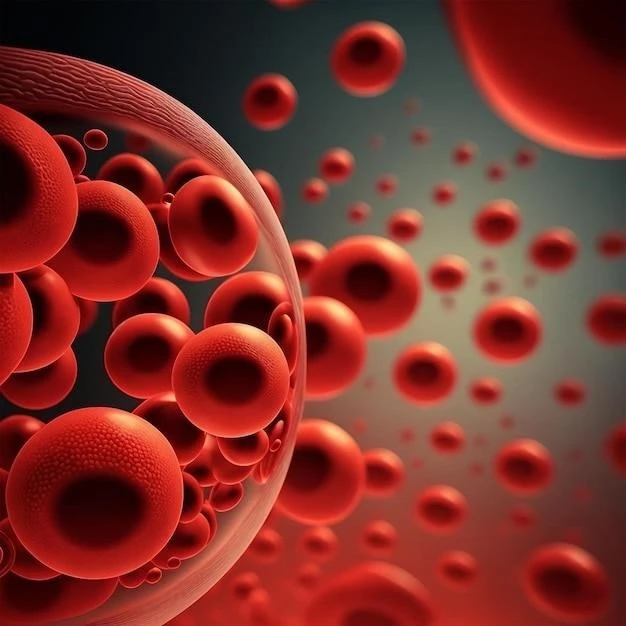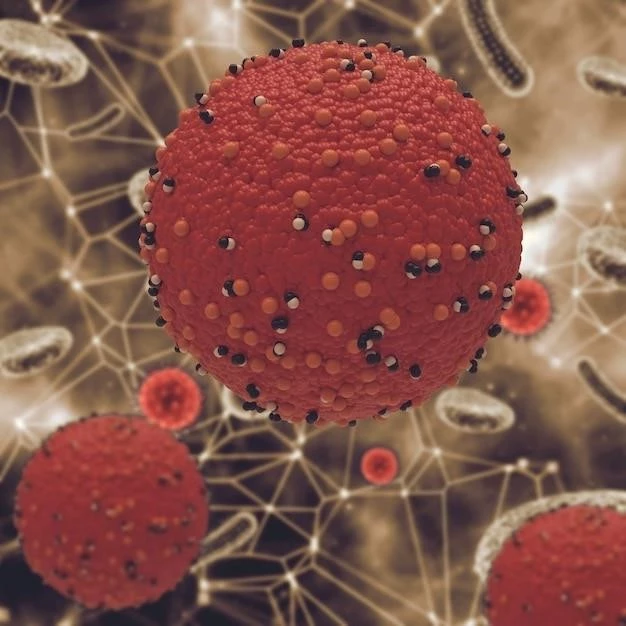Introduction
Pure red cell aplasia (PRCA) is a medical condition where red blood cells responsible for carrying oxygen don’t form normally, leading to anemia symptoms like fatigue․
Definition and Overview
Pure red cell aplasia (PRCA) is a rare medical condition characterized by the insufficient production of normal red blood cells, resulting in anemia․ It can be either acquired or primary, affecting the erythropoiesis process in the bone marrow․
Causes and Types
Acquired Pure Red Cell Aplasia (aPRCA) is a very rare condition affecting adults, characterized by insufficient red blood cell production․ It can be transient or chronic․
Acquired Pure Red Cell Aplasia (aPRCA)
Acquired Pure Red Cell Aplasia is an uncommon disorder where the bone marrow fails to produce enough red blood cells, leading to normocytic anemia․ It primarily affects adults and can manifest as transient or chronic forms․
Primary vs․ Secondary PRCA
Primary Pure Red Cell Aplasia (PRCA) manifests as a standalone disorder affecting erythroid precursors, while Secondary PRCA occurs as a result of another underlying condition or agent impacting red blood cell production․
Symptoms and Diagnosis
Signs of Pure Red Cell Aplasia (PRCA) typically include fatigue, pale skin, and shortness of breath․ Diagnosis involves blood tests to check red blood cell levels and bone marrow examination for abnormalities․
Clinical Presentation
Pure red cell aplasia (PRCA) often presents with symptoms such as fatigue, pale skin, and shortness of breath due to the decreased oxygen-carrying capacity of the blood․ The diagnosis involves identifying abnormalities in red blood cell levels and the bone marrow’s erythroid precursors․
Diagnostic Methods
Diagnostics for Pure Red Cell Aplasia (PRCA) typically involves blood tests to evaluate red blood cell levels, bone marrow examination to assess erythroid precursors, and additional tests to identify potential underlying conditions or triggers contributing to the disorder․
Treatment Options
The treatment for Pure Red Cell Aplasia (PRCA) may include immunosuppressants, thymectomy, transfusions, and other supportive therapies based on the underlying cause and severity of the condition․
Immunosuppressants
Immunosuppressants play a crucial role in treating Pure Red Cell Aplasia (PRCA) by suppressing the immune response responsible for attacking red blood cell precursors․ This treatment aims to restore normal erythropoiesis in the bone marrow and improve red blood cell production․
Thymectomy
Thymectomy, a surgical procedure to remove the thymus gland, can be a treatment option for Pure Red Cell Aplasia (PRCA) in specific cases, particularly when the condition is associated with thymoma or thymic abnormalities, aiming to modulate the immune response and potentially improve red blood cell production․

Prognosis and Complications
The outlook for patients with Pure Red Cell Aplasia (PRCA) varies based on the underlying cause and response to treatment․ Possible complications may include severe anemia-related symptoms and adverse effects from therapy․
Outlook for Patients
The prognosis for patients with Pure Red Cell Aplasia (PRCA) varies based on the individual’s response to treatment and the underlying cause of the condition․ Complications may arise, and close monitoring is essential to manage symptoms and potential adverse effects․
Possible Complications
Possible complications of Pure Red Cell Aplasia (PRCA) may include severe anemia symptoms like fatigue, shortness of breath, and pale skin․ Adverse effects from treatments such as immunosuppressants or thymectomy can also pose risks to patients․

Epidemiology and Research
The incidence of Pure Red Cell Aplasia (PRCA) is rare, with an estimated annual rate of 1․06 per million․ Ongoing research focuses on identifying underlying causes and developing targeted therapies․
Incidence of PRCA
The estimated annual incidence of Pure Red Cell Aplasia (PRCA) is rare, with reported rates of 1․06 cases per million individuals․ Acquired Pure Red Cell Aplasia (aPRCA) is a very rare condition primarily affecting adults٫ characterized by a drastic decrease in red cell precursors in the bone marrow․
Current Research and Studies
Research on Pure Red Cell Aplasia (PRCA) focuses on identifying underlying causes, genetic factors, and developing targeted therapies to improve red blood cell production․ Studies also investigate the efficacy of immunosuppressants and alternative treatment modalities in managing PRCA-related complications․
